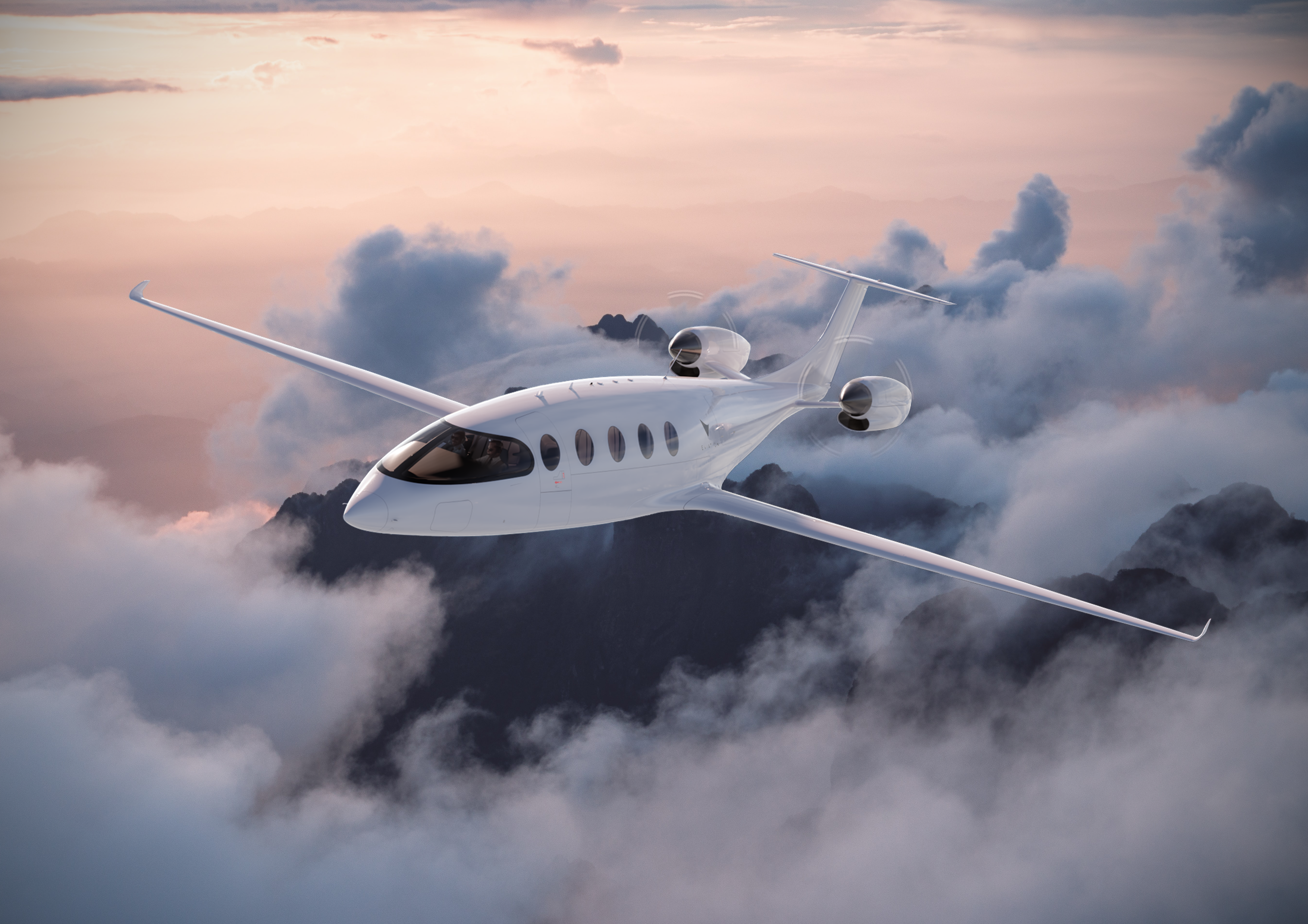Passengers could be booking seats on electric planes within two years, says expert
‘I’ll be flying in an electric aircraft by the end of this decade, that’s for sure’ says airline executive

Passengers could be travelling using electric aircrafts for short trips within two years, an aviation expert has predicted.
Australian airline Rex has announced plans to trial the emerging technology by 2024 on selected regional routes, while a number of operators across Australia are already doing so.
“The technology is working. It’s been proven in trial flight, and we can do a lot in two years," Rex’s aviation projects managing director, Keith Tonkin, told ABC Australia on Wednesday.
“There are some companies in Australia that are really heavily involved in the battery charging systems and infrastructure elements of the technology.”
Mr Tonkin addressed the environmental urgency for alternatives to fossil-fuel planes, saying: “There’s a worldwide effort towards reducing carbon emissions from all aircraft operations, which contributes about 2 per cent of the world’s carbon pollution.”
However, he acknowledged that public perception around the safety of electric aircraft is an obstacle that airlines will need to overcome.
“There’s definitely a stakeholder engagement perspective to it,” Mr Tonkin said.
“I think it’s just a matter of educating people about the benefits of the new system… and then once we get started, it’ll be okay.”
Rex Airlines plans to swap or retrofit the airline’s existing fleet for electric engines fuelled by hydrogen fuel.
But Mr Tonkin said ideally a new aircraft would be specifically designed and built around the new propulsion system.
Peter Harbison, chairman emeritus of Australia’s CAPA Centre for Aviation, said battery weight was a major concern.
“If you wanted to fuel an A380 for a long-haul flight, you need a battery that weighed something like 500 tonnes, which is more than the weight of the aircraft itself at the moment,” he said.
“But on smaller, shorter sectors, it is going to be possible quite soon… within the next two to five years, to have aircraft that can operate short haul on electric power.”
The technology would also allow other airlines to operate flights using smaller planes and to carry up to half a dozen passengers.
He added that strict safety regulations in aviation would alleviate passenger fears about electric technology being used in the air.
“You can be absolutely assured that nothing is going to be flying people around that has not been vetted incredibly thoroughly,” Mr Harbison said.
“And of course, we’re not alone in this in the world. There are lots and lots — some very, very big — companies working on this at the moment because they recognise that this is the future.
“I’ll be flying in an electric aircraft by the end of this decade, that’s for sure.”
Subscribe to Independent Premium to bookmark this article
Want to bookmark your favourite articles and stories to read or reference later? Start your Independent Premium subscription today.

Join our commenting forum
Join thought-provoking conversations, follow other Independent readers and see their replies